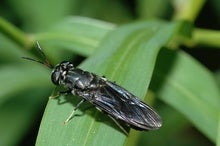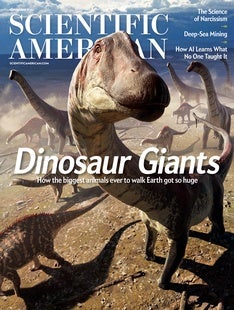 |
| August 29, 2023 |
During a sweltering summer of record-high temperatures, air conditioning has offered lifesaving relief. Paradoxically, these machines are also energy guzzlers that contribute to climate change. But researchers are trying to change that, by rethinking standard AC technology. Read more in this week's top story! |
| | Sophie Bushwick, Associate Editor, Technology
| |
 |
| |
| |
| |
| |
| |
| |
| Artificial Intelligence ChatGPT and Other Language AIs Are Nothing without Humans Language model AIs seem smart because of how they string words together, but in reality, they can't do anything without many people guiding them every step of the way | | By John P. Nelson,The Conversation US | | | |
| |
| |
| QUOTE OF THE DAY
 "Dozens of websites are using AI chatbots to copy and repurpose articles from top publishers...offering a glimpse into how artificial intelligence tools risk undermining media companies and muddying the online news industry." Rachel Metz, Bloomberg | |
FROM THE ARCHIVE
 | | | |
LATEST ISSUES
 |
| |
| Questions? Comments?  | |
| Download the Scientific American App |
| |
| |



















